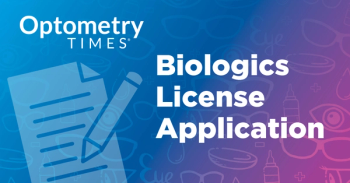
Daylight Savings linked to increased medical errors
Human errors including medications, administering either the wrong dose or the wrong drug, seem to increase by 18 percent
Although the U.S. is about to “fall back” with the end of 2020’s Daylight Savings Time (DST), research has showed that the start of DST may be behind medical errors.
Medical errors are more likely to occur in the days following the “spring ahead” DST switch, an observational study found.1
As part of the Mayo Clinic Health System, healthcare workers are encouraged to voluntarily report patient safety-related incidents caused by defective systems, equipment, or human error. The data collected from
By and large, there were no substantial differences in errors reported in the weeks before and after DST. However, when researchers constrained their analysis to only human errors, they found a statistically significant increase of 18.7 percent human errors when an hour was lost in the spring. The majority of errors occurring during this time involved medications, administering either the wrong dose or the wrong drug.
When it came to the fall switch back to standard time, when an hour is gained, there were no significant differences in human errors in the weeks preceding and following DST.
Delayed start times and other contingency measures are suggested to help mitigate the increased risk of errors in the spring.
Reference
1. Kolla BP, Coombes BJ, Morgenthaler TI, Mansukhani MP. Increased Patient Safety-Related Incidents Following the Transition into Daylight Savings Time. J Gen Intern Med. 2020. DOI: s11606-020-06090-9.
Newsletter
Want more insights like this? Subscribe to Optometry Times and get clinical pearls and practice tips delivered straight to your inbox.













































